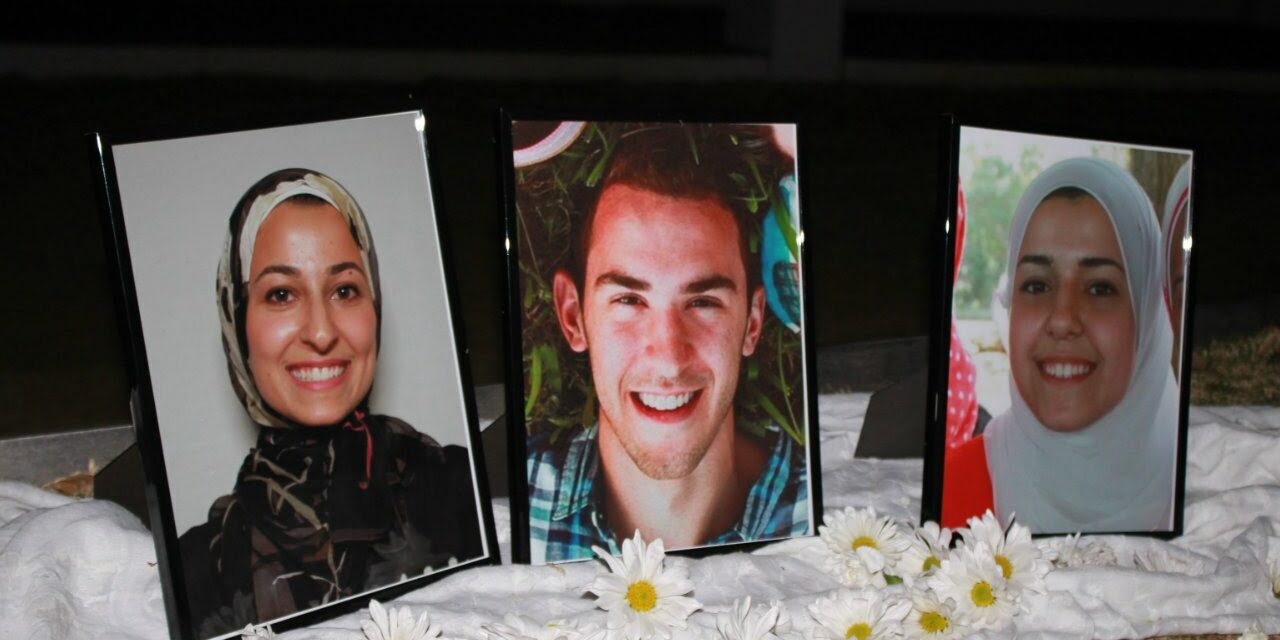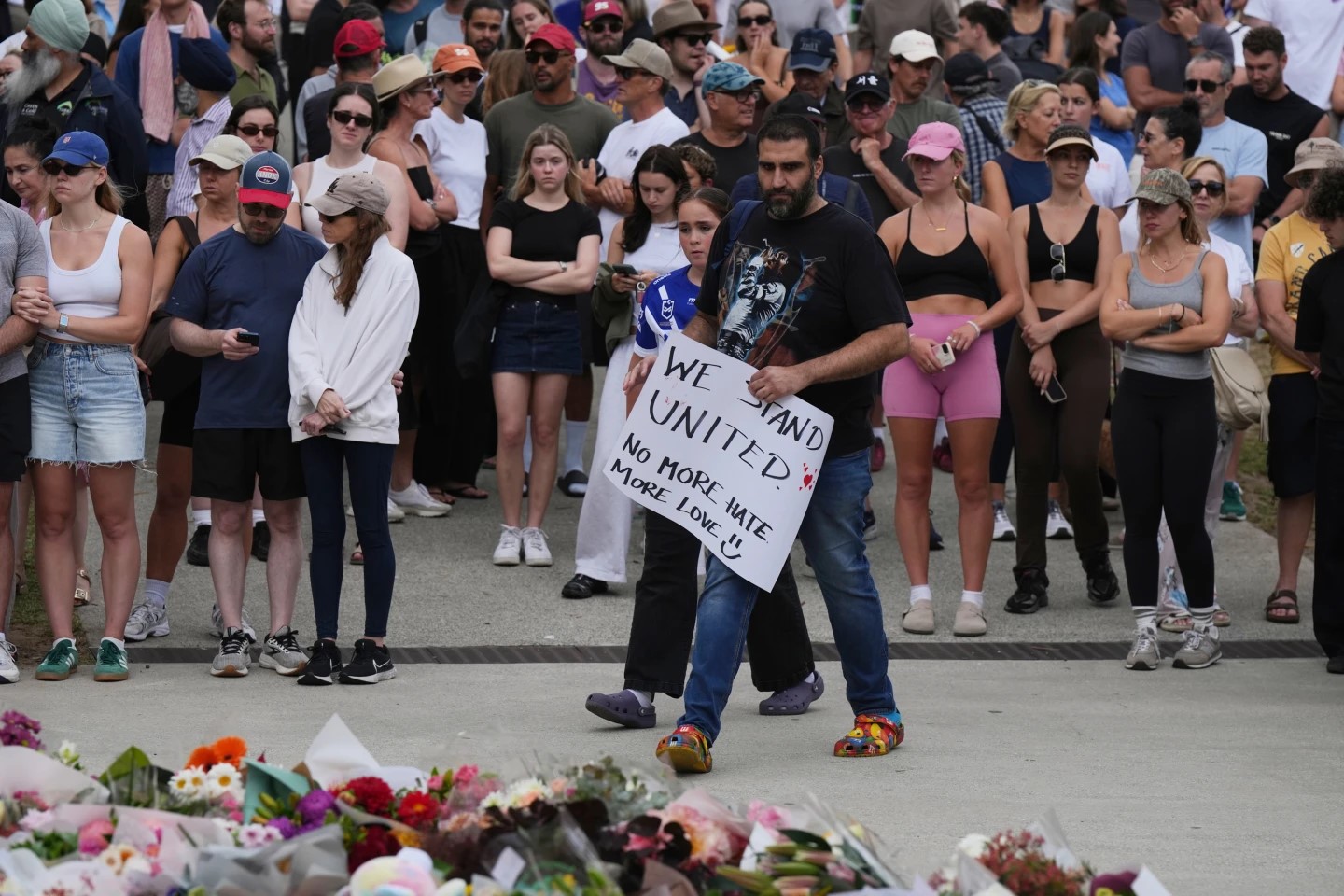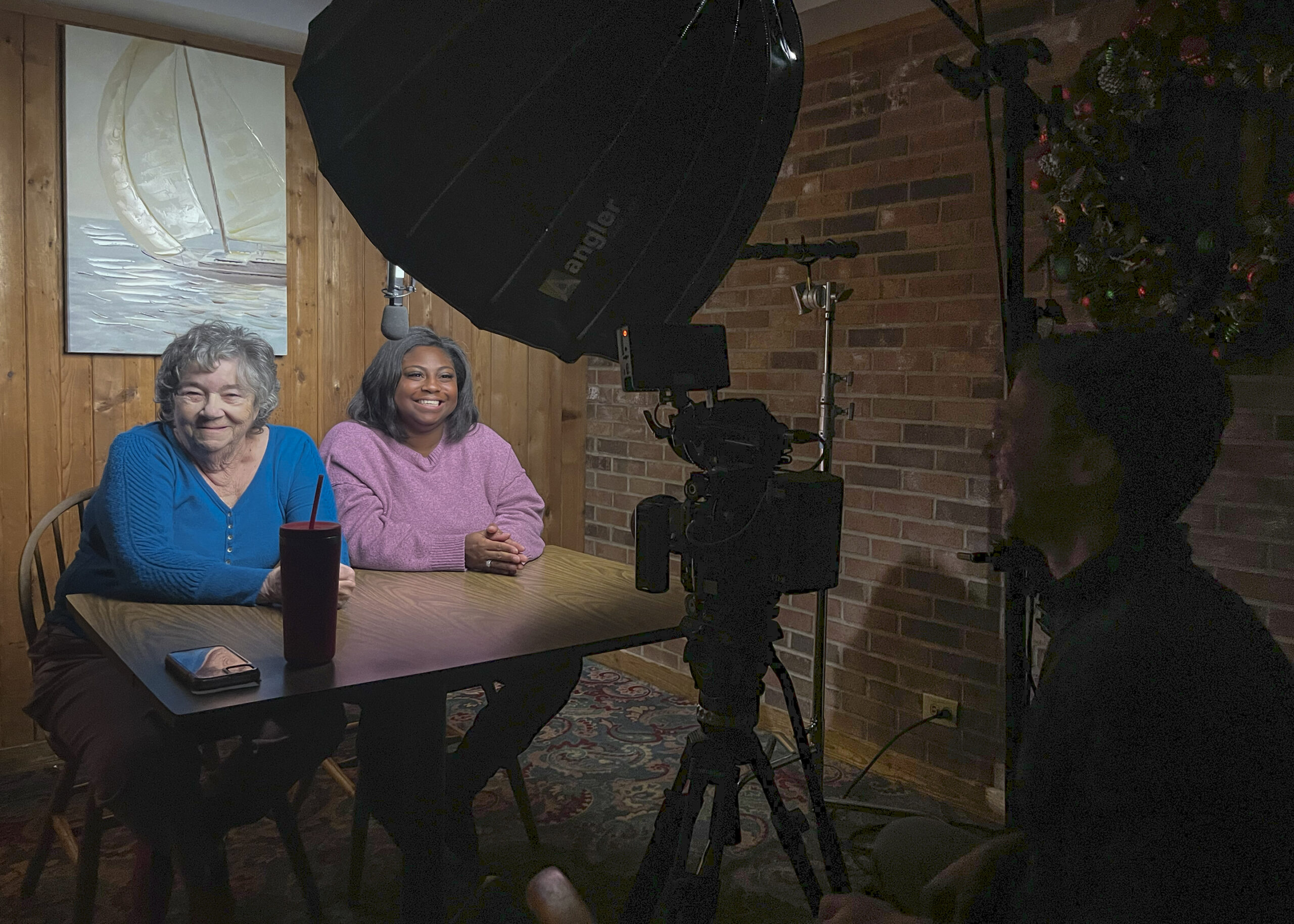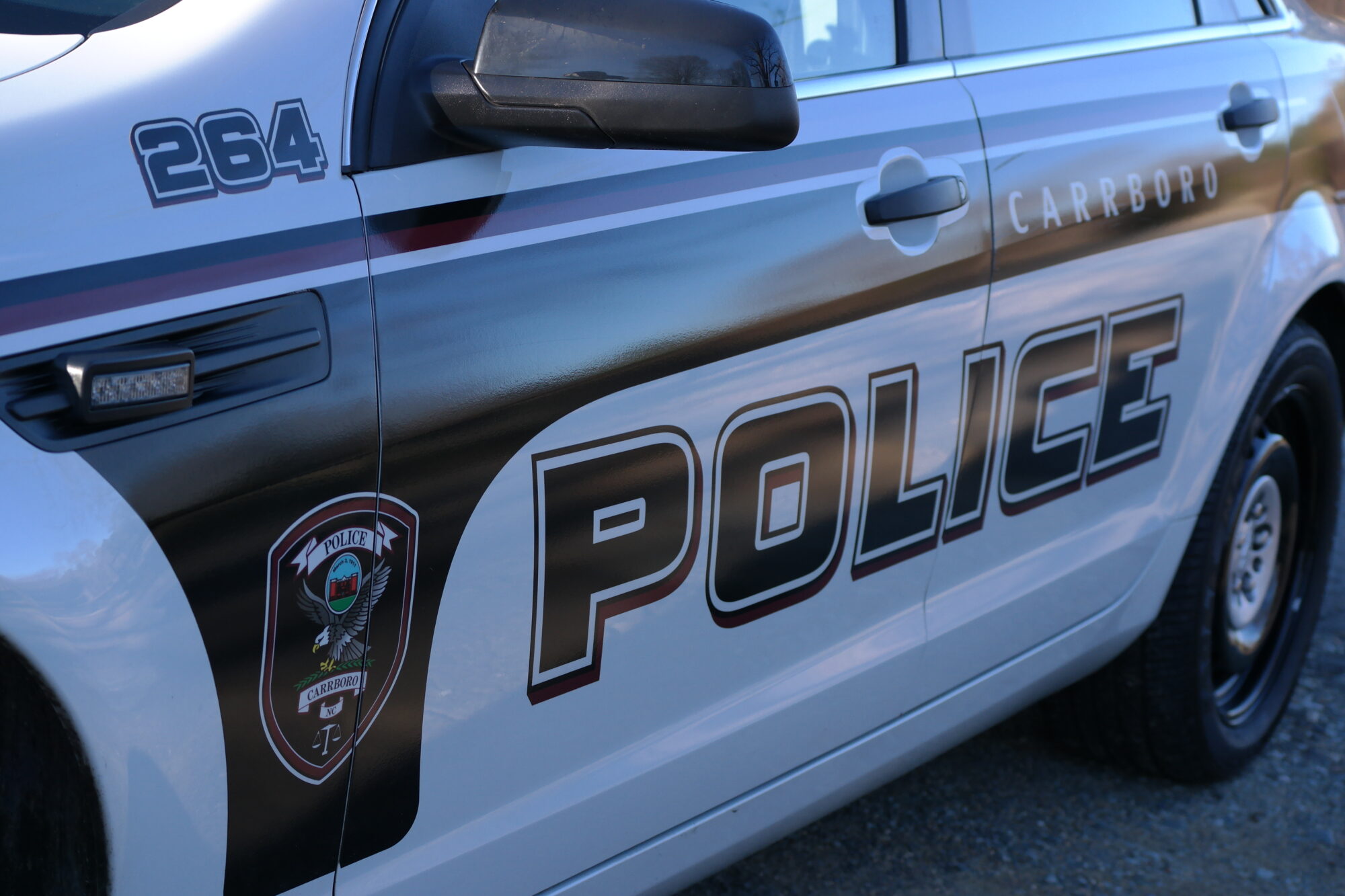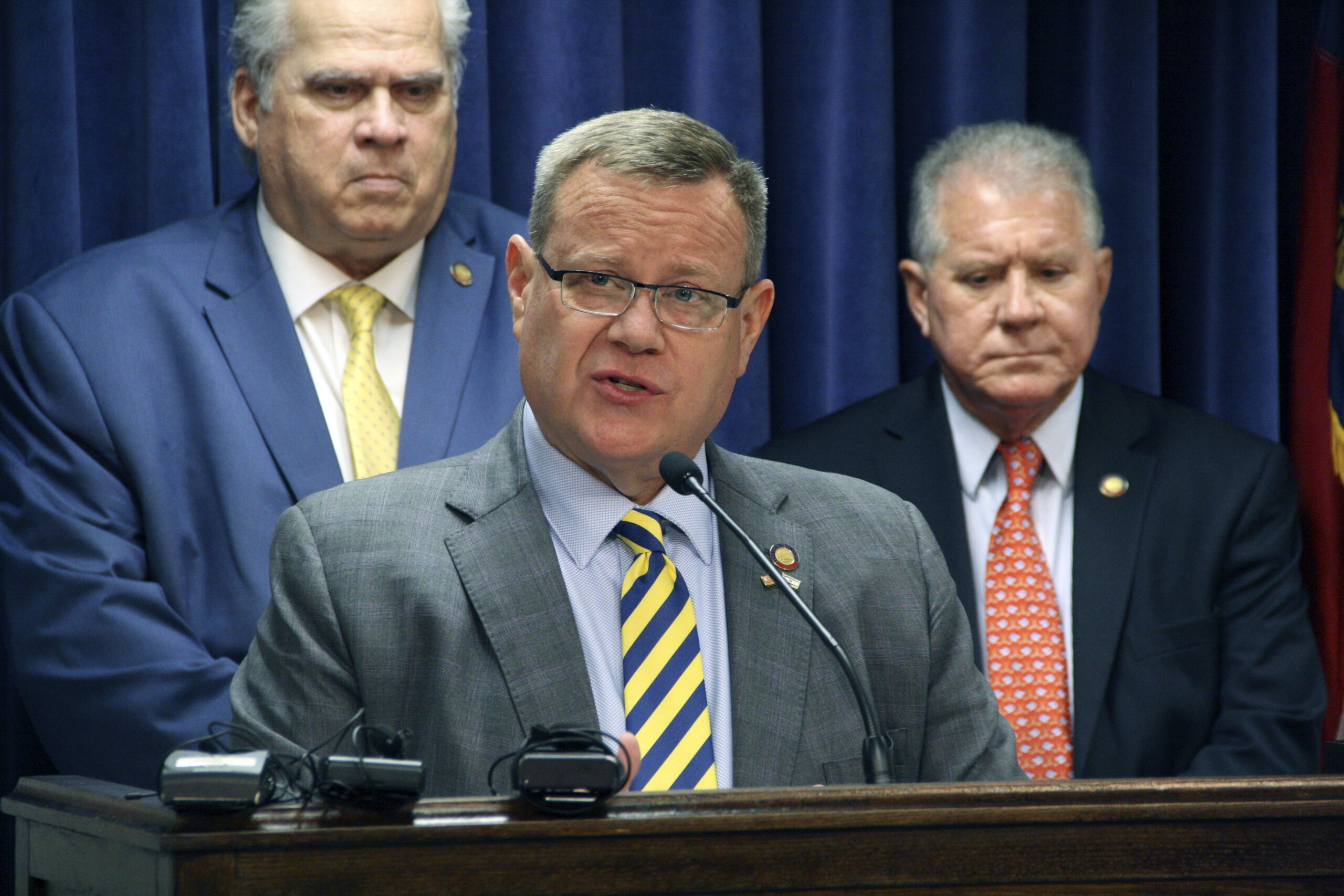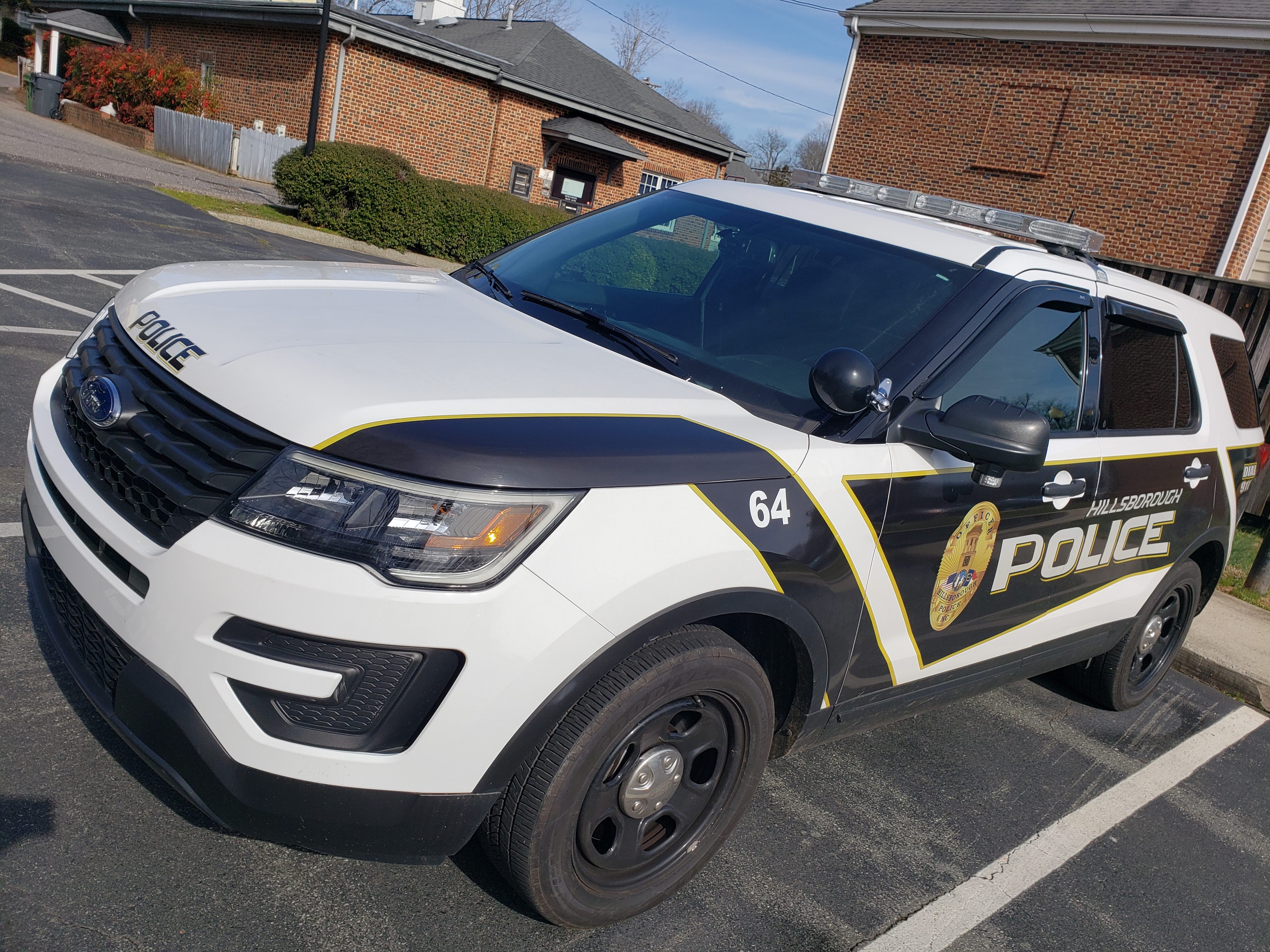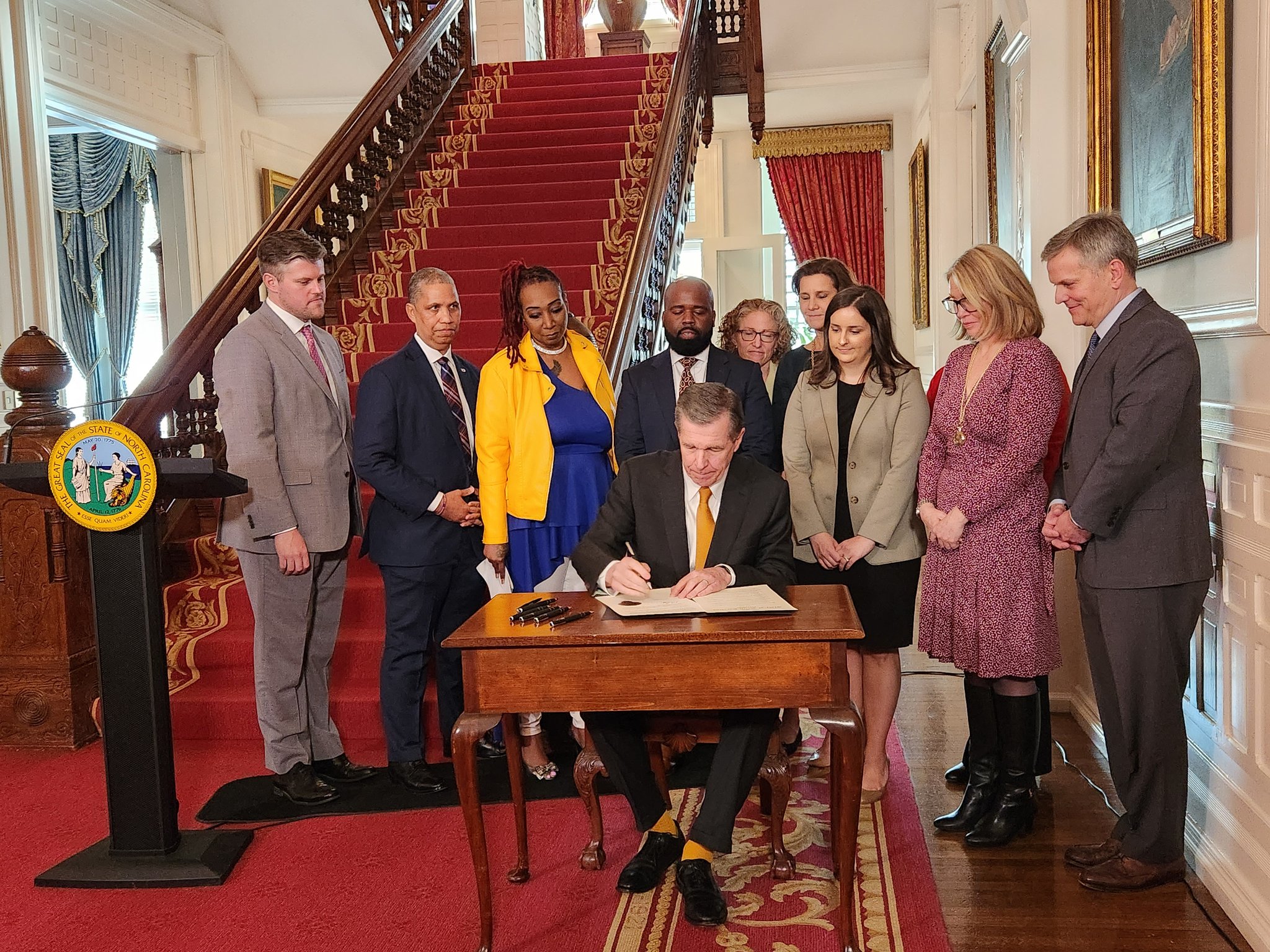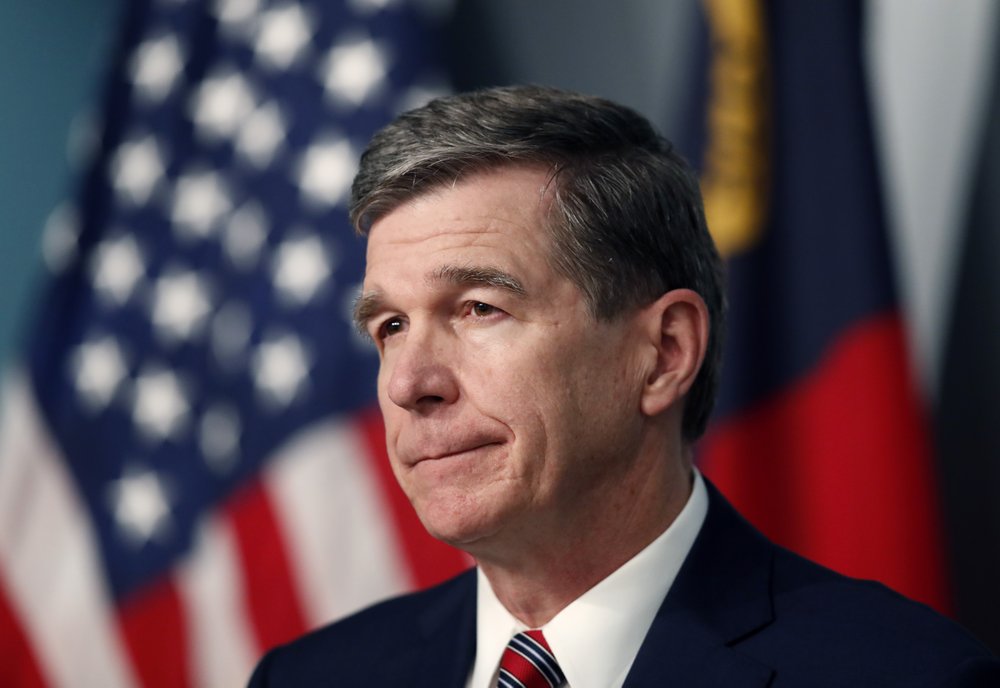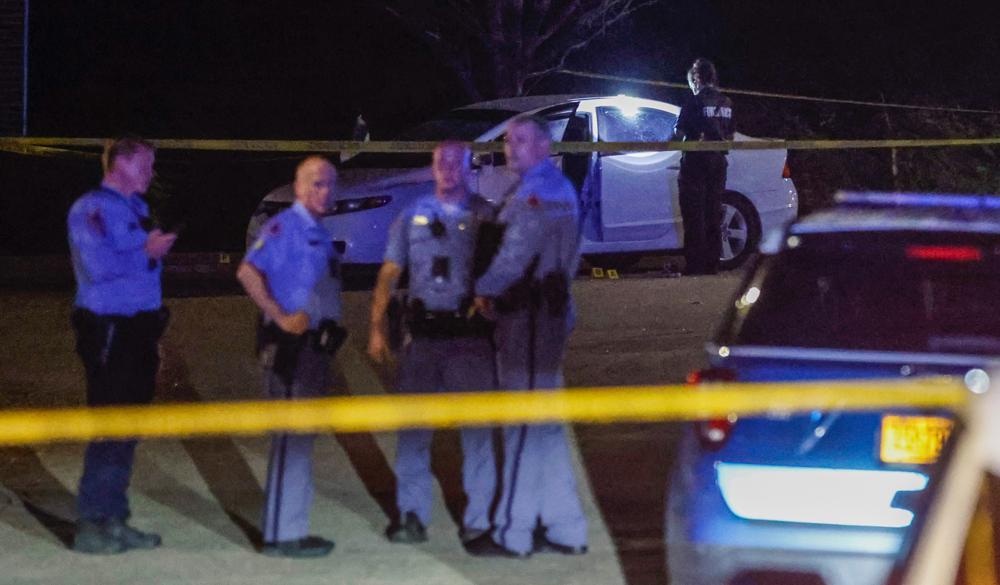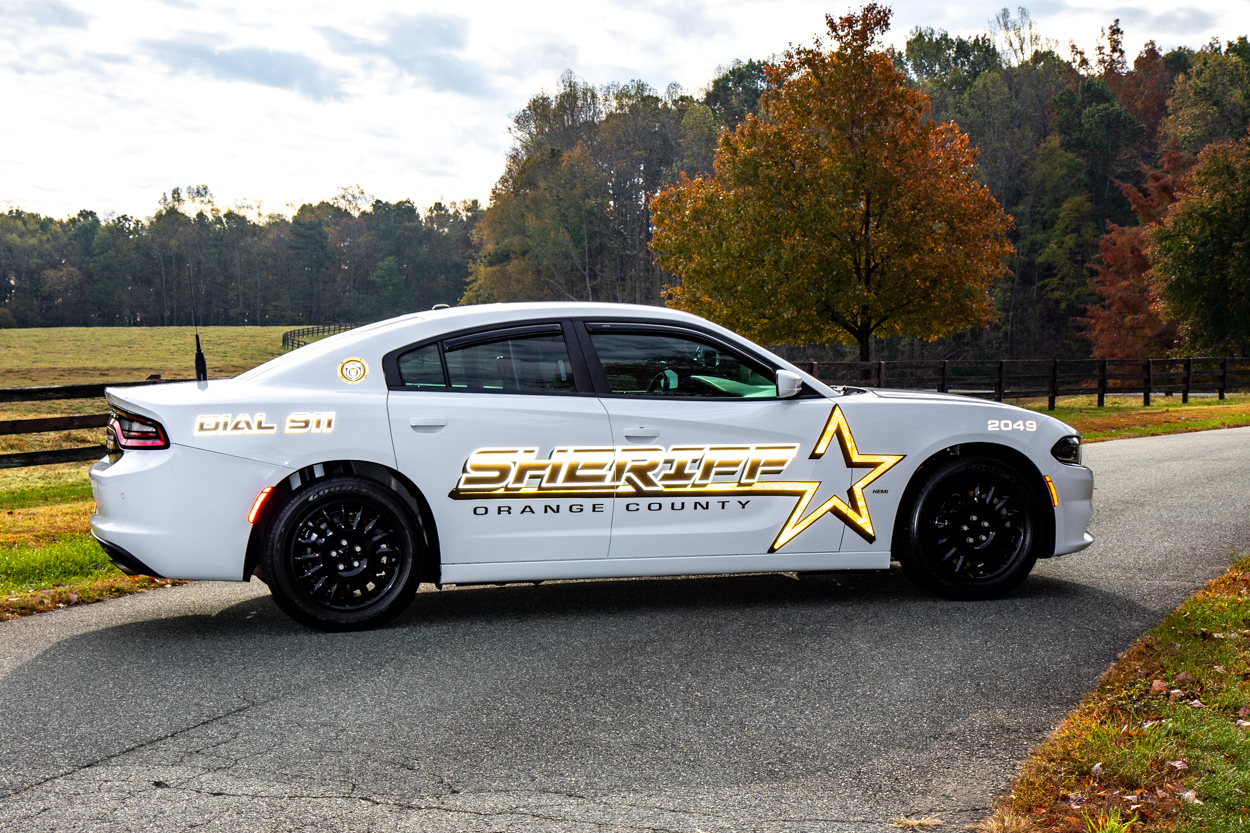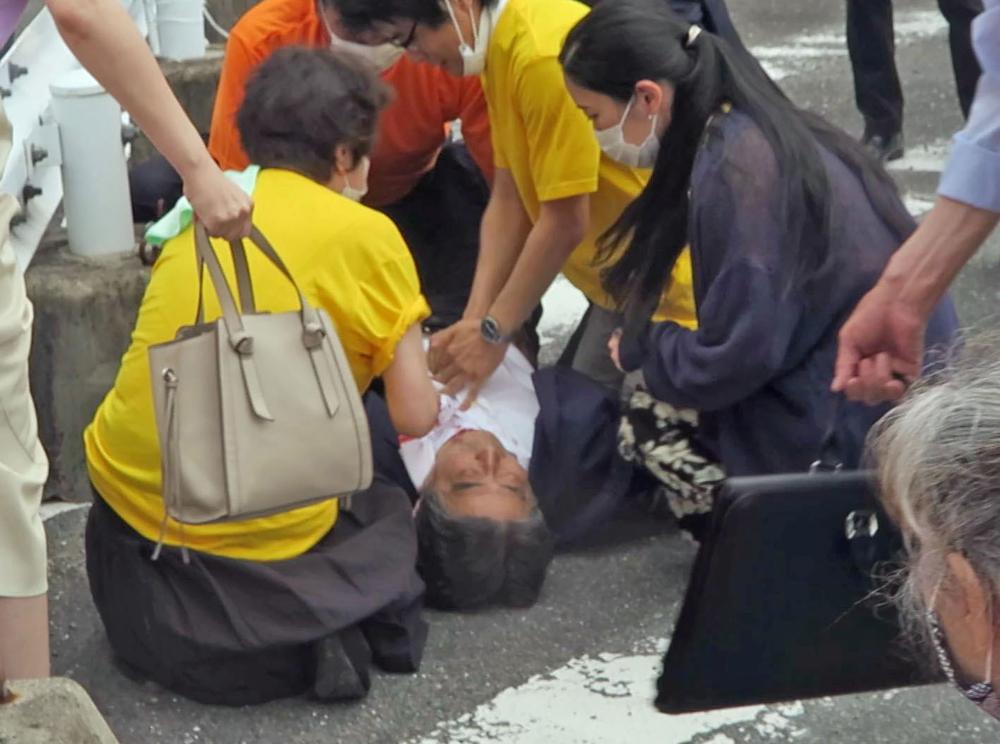Editor’s Note: This story was originally published on Feb. 9, 2024, around the ninth anniversary of Deah Barakat, Yusor Mohammad Abu-Salha, and Razan Mohammad Abu-Salha’s murder. For the tenth anniversary in 2025, “36 Seconds: A Portrait of a Hate Crime” is once again screening on the campuses of UNC and N.C. State to honor the students and their communities. The screening at UNC is set for 6:30 p.m. on Tuesday, Feb. 11 in the Great Hall of the student union, while the screening at N.C. State is set for Wednesday, Feb. 12 at 7:30 p.m. at the Witherspoon Student Center. Click each link to register for the respective events.
Saturday marks the nine-year anniversary of one of Chapel Hill’s darkest moments, when a man murdered three college students at the Finley Forest Condominiums. All three students – Deah Barakat, Yusor Mohammad Abu-Salha, and Razan Mohammad Abu-Salha were Muslim Americans killed in an apartment by a neighbor who claimed there was a parking dispute.
Prosecutors for the case ultimately did not charge it as a hate crime, but a new documentary argues otherwise – and shares the perspective of the Muslim community and the victims’ families in the years since.
Tarek Albaba grew up in Charlotte, North Carolina before moving out to California for his career in filmmaking and television. He was out on the west coast in February 2015 when he heard about the shooting of Deah Barakat, Yusur Abu-Salha and Razan Abu-Salha in Chapel Hill. He said he remembers the news “spread like wildfire” through group chats, phone calls, and conversations with friends and family in the tight-knit Muslim-American community.
“It’s all about relatability and understanding as folks from immigrant communities coming to the United States,” Albaba told Chapelboro of the connection between Muslim Americans. “[We are] coming here for that idea of the American dream and to pursue your academics, your profession, and still clinging onto your faith and your identity and your culture. So when something like this happens, you’re immediately going to feel for the family members. You’re immediately going to, frankly, be frightened about your own safety.”
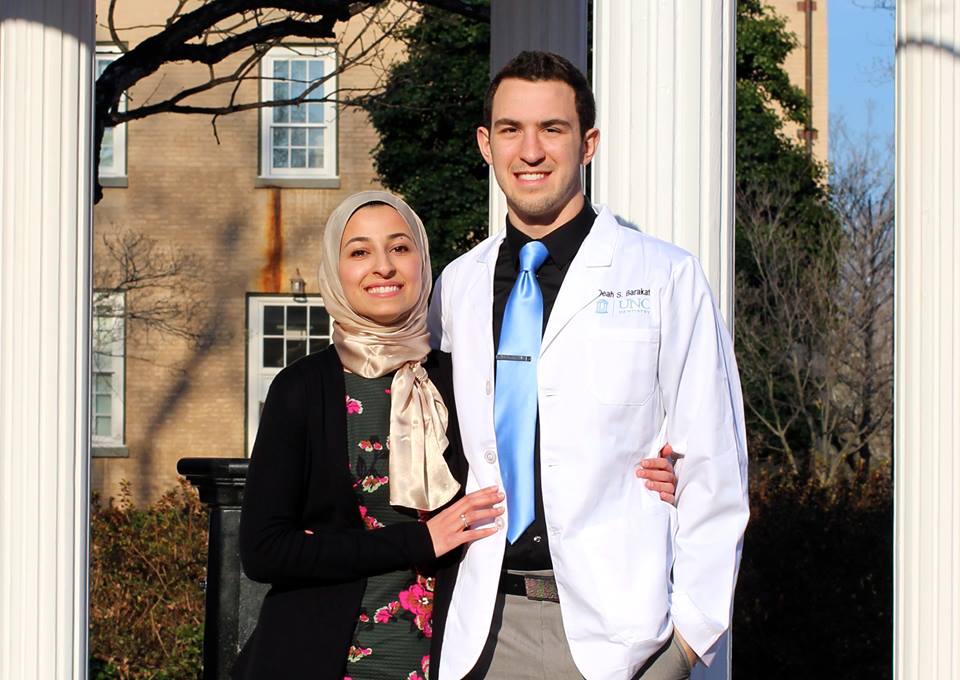
Deah Barakat and Yusor Abu-Salah at Barakat’s white coat ceremony for the UNC Adams School of Dentistry. The pair were married to each other six weeks before their murder, with Abu-Salha set to join Baraket in the dentistry school. (Photo via Full Disclosure Films, LLC.)
A few months later, Albaba ran into a cousin who had been close to Barakat – the slain 23-year-old UNC student who had been attending the School of Dentistry. The family member pushed Albaba to think about pursuing the trio’s murder as a project — and after searching for interviews, reviewing evidence, and re-enacting scenes, it turned into an eight-year endeavor. The project went through several iterations before ultimately landing on being Albaba’s first feature-length film, as he and the editors distilled around 100 hours of recorded material down to a documentary. Its title is “36 Seconds: A Portrait of a Hate Crime,” a reference to the amount of time it took Hicks to fatally shoot all three victims.
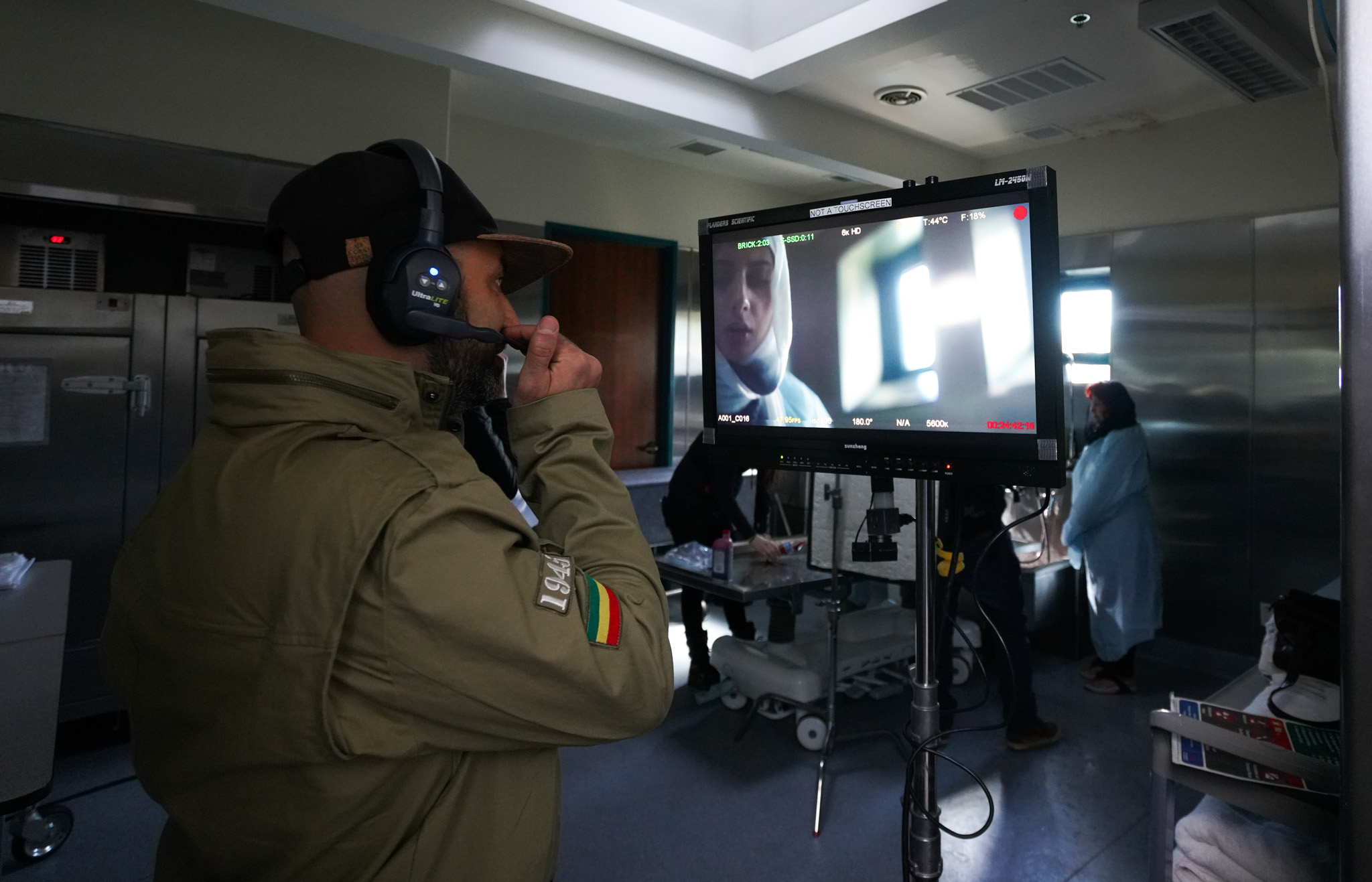
Tarek Albaba directs a dramatized scene for “36 Seconds: A Portrait of a Hate Crime.” (Photo via Full Disclosure Films, LLC.)
In its initial release about the shooting in 2015, the Chapel Hill Police Department said the murders happened over “a parking dispute.” With evidence in court showing the trio of college students all being parked in correct spaces and Hicks’ history of threatening more minorities than white neighbors in the complex, though, the victims’ families and filmmaker argue Hicks targeted the trio because of their religion.
“What they realized, and what we all realized after digging into the research,” said Albaba, “is that the current hate crime laws are outdated.”
The film details the murders and shares the backgrounds of the three victims, but its story also explores how Hicks’ actions reflect clues of the shooting being a hate crime. In the trial, prosecutors said they ultimately did not have enough evidence to charge Hicks with a hate crime, in part with how his interaction with the three victims was characterized as a parking dispute.
Albaba said state and federal laws fall short in updating how to categorize and define such acts, with the current North Carolina statute for hate crimes largely referring to acts from the Jim Crow and Civil Rights era. In the age of social media, clues can be pulled from more sources to establish how suspects feel about communities – something often pointed to in Hicks’ case where he made social media posts railing against all religion.
“There is implicit bias,” said Albaba. “And so, there’s a huge gap in how the laws are written currently and what we’re actually seeing on the ground. So that was a huge systemic issue that [the victims’ families] were introduced to, and it is very complex.”
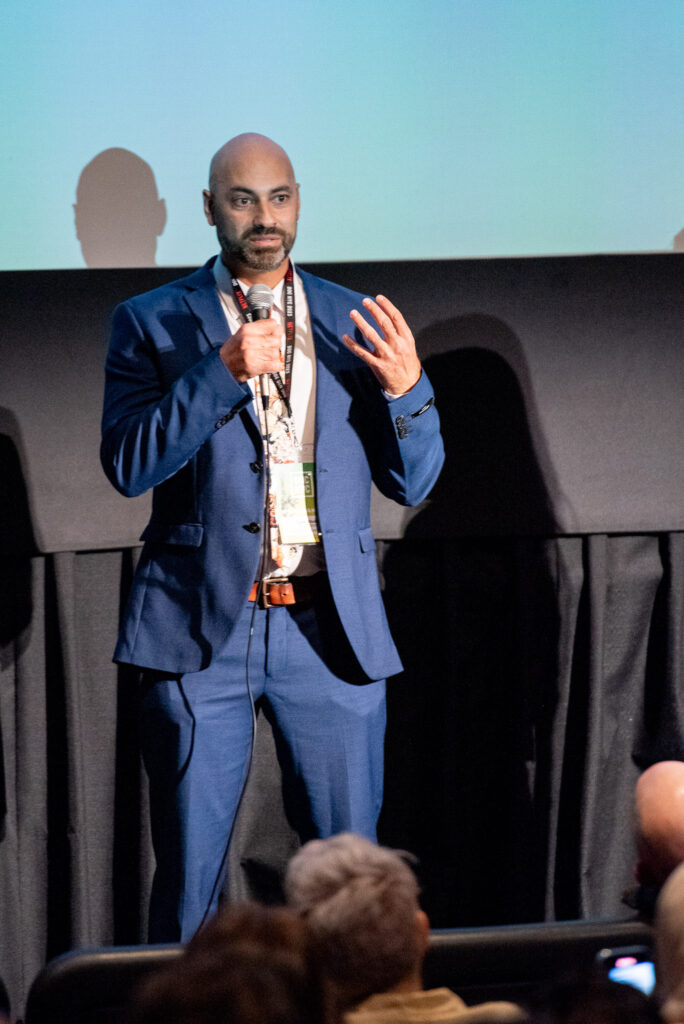
“36 Seconds” Producer and Director Tarek Albaba speaking at the DOC NYC festival about his film in 2023. (Photo via Full Disclosure Films, LLC.)
The filmmaker also points to biased coverage and roadblocks in the media calling out discrimination as hindering the greater public from reckoning with Hicks’ crime. The murders happened at a time when Donald Trump was first running for the U.S. presidency, and Albaba pointed to a lack of addressing Islamophobia while covering Trump’s platform and policy goals. Over the years, from speaking with family members and filming parts of Hicks’ arraignment and sentencing for the film, the director got a close view of a family grappling with grief while stepping into activist roles.
Now, with religious tensions peaking once again over the months-long war in Gaza, Albaba said the themes in the film have become even more prescient.
“These issues have not gone away,” he said. “In fact, it’s getting worse and we’re seeing upticks in, in hate. We’re seeing another tumultuous election cycle in 2024, and you’re going to see a lot of these Islamophobic and anti-Muslim tropes being surfaced again to rally up bases. And, you know, it’s unfair to these family members in a way where they have to relive the trauma.”
After premiering at the DOC NYC festival in New York last year, “36 Seconds” is now doing a tour of impact screenings with stops in North Carolina as well as New York City, Los Angeles, and Washington D.C. Triangle residents can catch a screening at the Carolina Theater in Durham on Monday night, while the film will also screen in Cary on Tuesday and in Raleigh on February 19.
Albaba said between the anniversary of Barakat and the Abu-Salha’s murders and pain the Muslim community is currently processing, he believes his documentary’s themes are critical to engage with.
“Frankly,” he said, “I can’t imagine a more timely and relevant film.”
Editor’s Note: An earlier version of the story incorrectly said Albaba began working on the documentary project a few years after the murders. It has since been updated to reflect it was just a few months.
Featured photo via Full Disclosure Films, LLC.
Chapelboro.com does not charge subscription fees, and you can directly support our efforts in local journalism here. Want more of what you see on Chapelboro? Let us bring free local news and community information to you by signing up for our newsletter.

